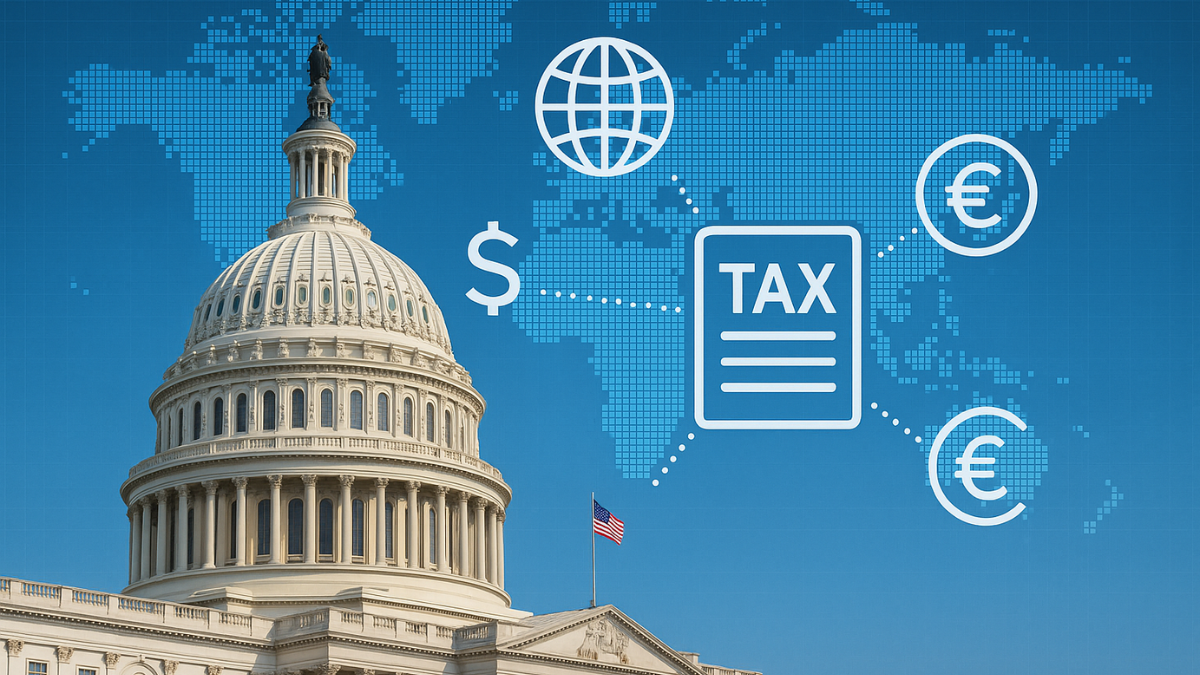International, Tax
2024 Tax Updates & Planning for Cross-Border Businesses and Global Families

As we approach the close of 2024, here are some timely updates and planning opportunities for cross-border businesses, their owners, and families with global ties.
Updates and planning for businesses:
-
- Beneficial Ownership Information (BOI) Existing businesses have until January 1, 2025, to file their initial BOI reports. This is not part of a tax return filing. US and non-US businesses registered to do business in the US are subject to filing. Reporting went into effect January 1, 2024, for newly formed businesses. Penalties apply for late filing. VSH does not prepare BOI Reports. Additional information can be found at: https://www.fincen.gov/boi-faqs
-
- Companies importing tangible merchandise into the U.S. should consider duty mitigation strategies. Tariffs are expected to increase and, in some cases, double with the upcoming administration.
-
- State and local taxes continue to be a concern for businesses selling goods and offering services throughout the U.S. Integrate state and local tax compliance into processes for new vendors, customers, and contracts.
-
- Ensure documentation regarding related party transactions is in place to comply with transfer pricing requirements. Review policies regularly and more often as operations are changing.
-
- Operating in more than one country often involves withholding tax on payments such as dividends, interest, rents, and royalties. Planning can minimize withholding requirements and ensure compliance.
Updates and planning for U.S. persons living abroad and global families:
-
- The IRS has made changes to its foreign trust compliance campaign, which are intended to make the process fairer and less punitive, especially if you were unaware of the reporting requirements or had valid reasons for filing late. The IRS has historically scrutinized foreign trust reporting, which carries substantial failure to file penalties. This may be a good time to comply with Forms 3520/3520-A.
-
- Consult your investment advisor if you have non-U.S. mutual funds, exchange-traded funds, TFSAs, or RESPs, and inform them of your status as a U.S. person. Determine if restructuring your investments is necessary to reduce tax compliance burdens.
-
- Net Investment Income Tax (NIIT) and Foreign Tax Credits: We continue to monitor the ongoing court case regarding the application of foreign tax credits to offset net investment income tax. Prior to being challenged, foreign tax credits were not able to offset NIIT. We will send an update when a conclusion is reached and alert clients of any actions to take.
-
- If you are considering making a large contribution to your RRSP, consider how this will affect your U.S. tax liability before the Canadian tax return is filed. Contributions to RRSPs are not deductible in the U.S.
-
- If you are a U.S. citizen or a resident alien of the United States and live abroad, you may qualify to exclude your foreign earnings from your taxable income. The foreign earned income exclusion increased in 2024 from $120,000 to $126,500.
-
- Consider U.S. estate and gift tax planning and ways to maximize transfer benefits. The estate tax exemption for U.S. citizens and a U.S. domiciliary is $13.61 million for 2024. The annual gift tax exclusion is $18,000 for 2024.
-
- Consider if downward attribution may apply to your cross-border organizational structure. VSH’s international team can assess whether you or your business is considered to own a controlled foreign corporation (CFC) and what filing requirements and tax implications may apply. Proactive planning may be needed to mitigate the tax effects of this issue.
-
- Disclosures of non-U.S. corporations are generally required to be based on calendar-year financial information. To streamline the preparation of annual disclosures, consider adopting a year-end of December 31st.
-
- Avoid loans from non-U.S. corporations to U.S. owners, as they may be considered income to the owner for tax purposes and subject to U.S. tax.
-
- Depending on filing status and income amounts, it may be advantageous for U.S. tax purposes to pay wages instead of dividends from a controlled foreign corporation. Additional analysis would be needed, so please get in touch with your VSH tax advisor.
-
- Consult a VSH tax advisor if you are considering owning a foreign entity or conducting a personal business.
These suggestions are only an overview and need further examination for your unique scenario before implementation. Please also note that these suggestions are for U.S. tax planning purposes only and should be reviewed with your Canadian accountant to determine
 Services
Services

